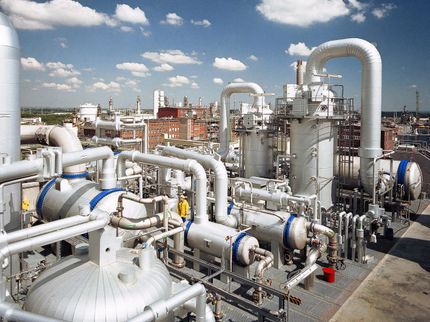BASF increases production capacity of vitamin A
Expansion of production capacity for vitamin A by 25 % in Ludwigshafen, Germany
Advertisement
BASF increases its production capacities for vitamin A by 25 %. The company has expanded an existing plant in Ludwigshafen, Germany, which is part of BASF’s Citral Verbund. With this capacity extension, BASF reacted to the rising demand for its high-quality vitamin A products, as well as to the global market growth. Additional capacities are available immediately. Vitamin A is an essential and fat-soluble micronutrient. It is used by the human and animal nutrition industries in feed and food products, and also by the personal care sector.
“With our vitamin portfolio, we are leaders in supply reliability and high quality: Our vitamin A stands out thanks to exceptional product stability and bio-availability. This capacity increase shows our commitment to the growing vitamin A market”, said Dr. Christopher Rieker, who heads BASF’s Animal Nutrition business.
Most read news
Other news from the department manufacturing

Get the chemical industry in your inbox
By submitting this form you agree that LUMITOS AG will send you the newsletter(s) selected above by email. Your data will not be passed on to third parties. Your data will be stored and processed in accordance with our data protection regulations. LUMITOS may contact you by email for the purpose of advertising or market and opinion surveys. You can revoke your consent at any time without giving reasons to LUMITOS AG, Ernst-Augustin-Str. 2, 12489 Berlin, Germany or by e-mail at revoke@lumitos.com with effect for the future. In addition, each email contains a link to unsubscribe from the corresponding newsletter.
































































